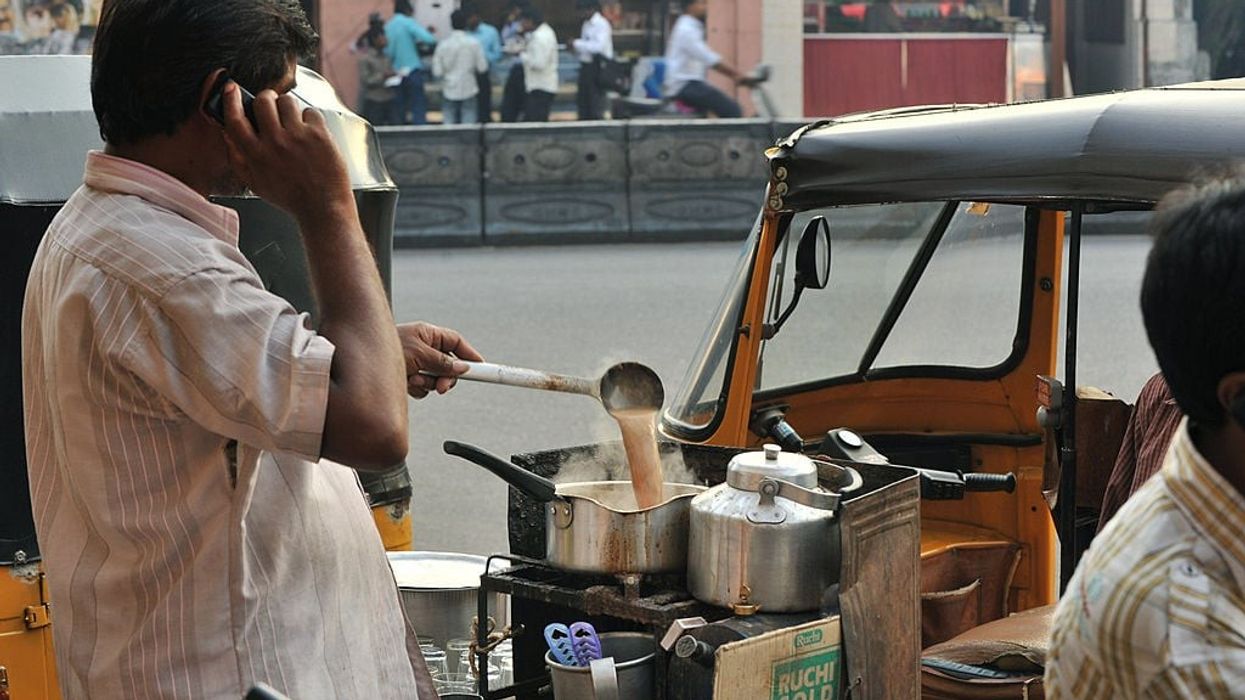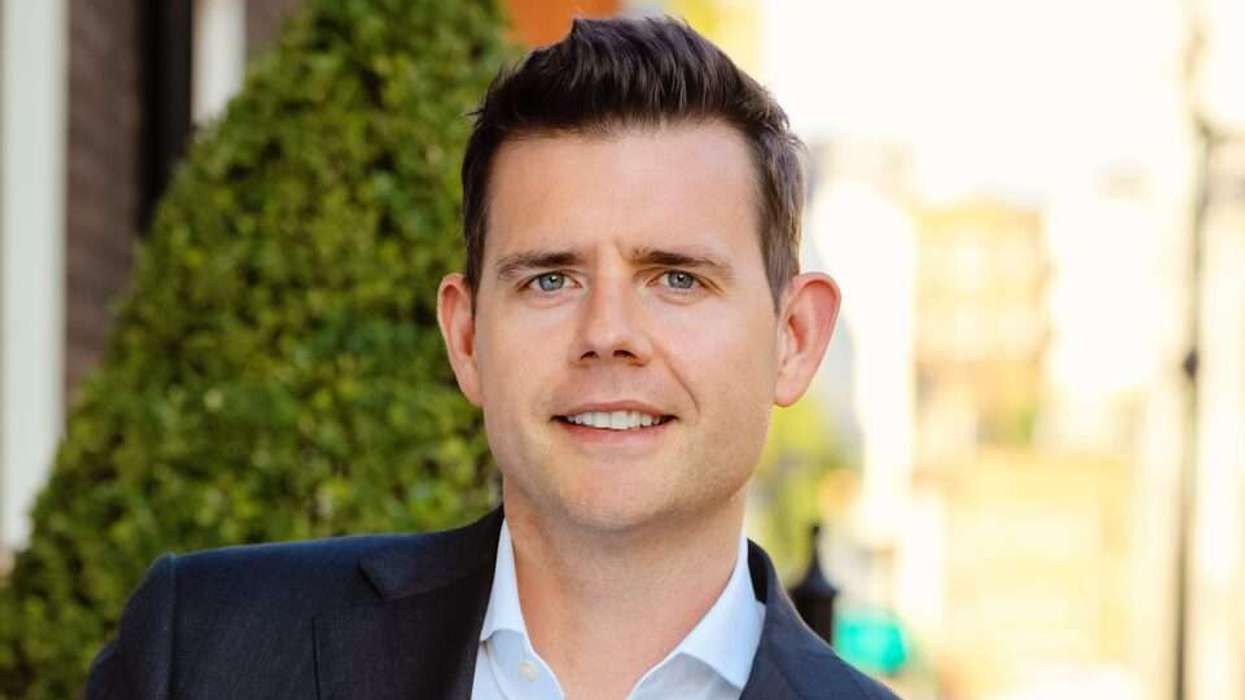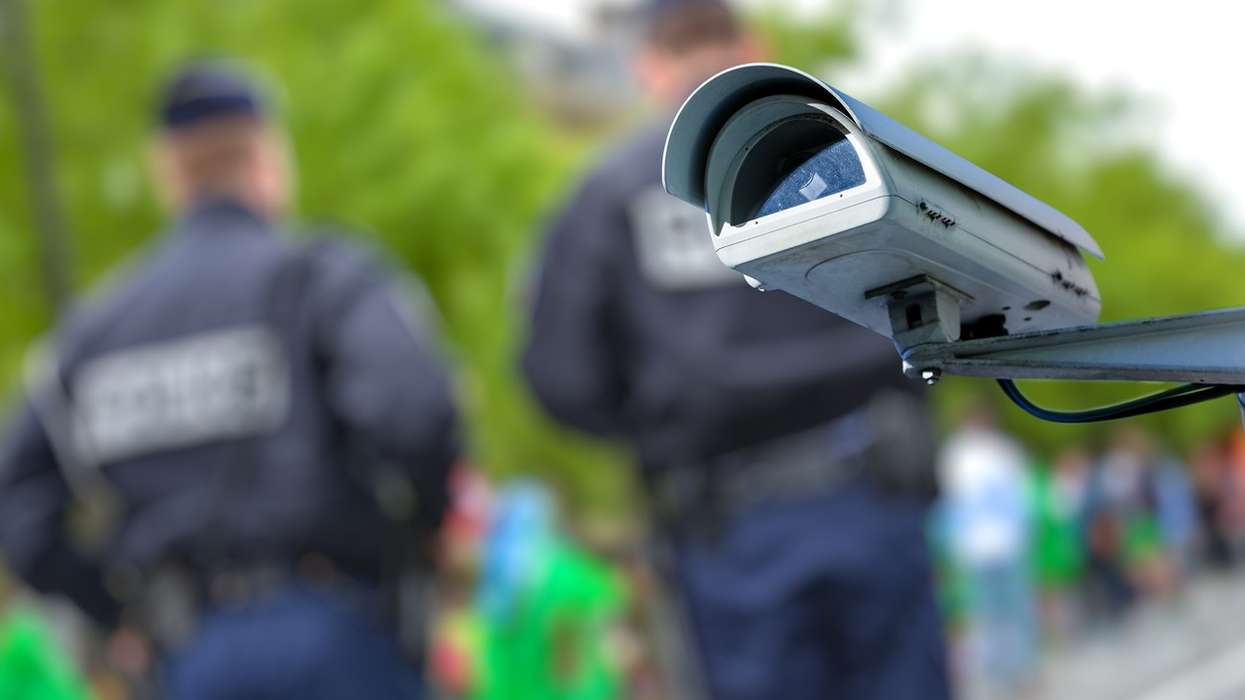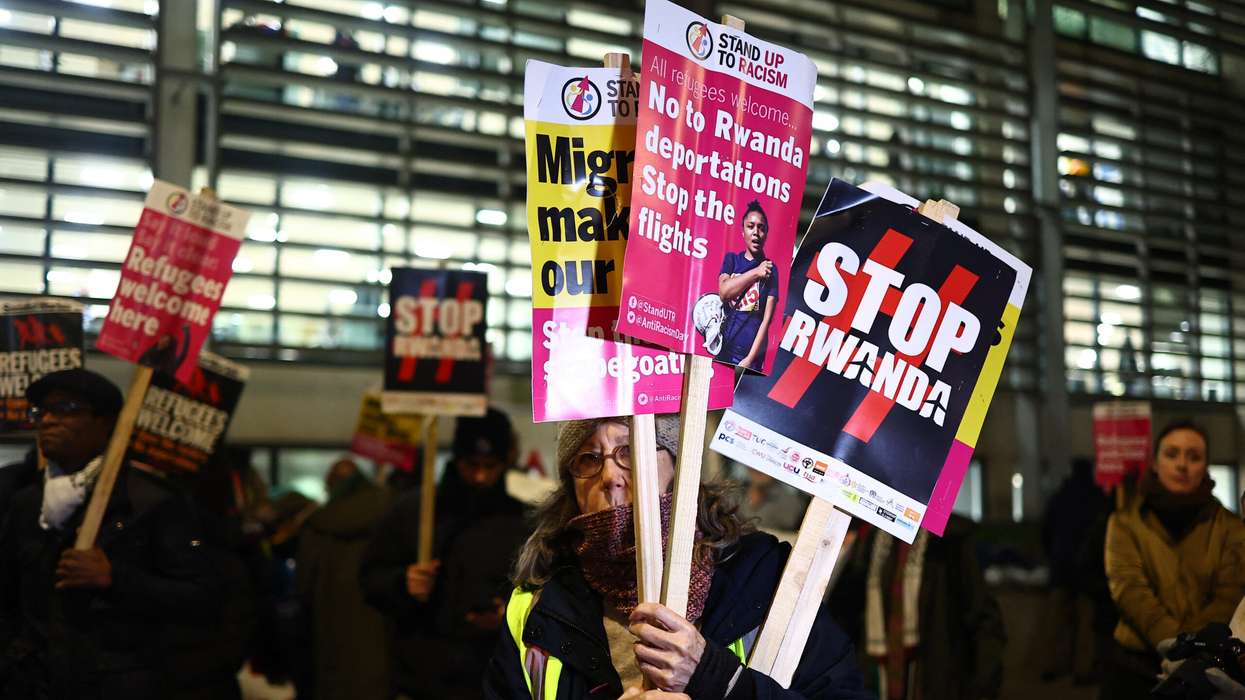IN a comprehensive review commissioned by the World Health Organization (WHO), researchers have found no link between mobile phone use and an increased risk of brain cancer. This finding comes despite the massive rise in the use of wireless technology over the past two decades.
An international team of 11 researchers from 10 countries, led by the Australian Radiation Protection and Nuclear Safety Agency (ARPANSA), conducted the review, which included 63 studies published between 1994 and 2022.
The study, published in the journal Environment International, is described as "the most comprehensive and up-to-date assessment of the evidence to date" regarding mobile phone use and brain cancer risk.
The analysis covered various types of brain cancers, including glioma, meningioma, pituitary tumors, and pediatric brain tumors. The researchers found no association between exposure to radiofrequency radiation from mobile phones and an increased risk of these cancers.
The new review builds upon earlier assessments, such as the 2011 classification by the International Agency for Research on Cancer (IARC), a WHO cancer agency, which had categorised radio wave exposure as "possibly carcinogenic to humans."
This classification was based on limited evidence from human observational studies that suggested an increased risk of glioma, a malignant type of brain cancer, associated with wireless phone use.
However, lead researcher Ken Karipidis, health impact assessment assistant director at ARPANSA, noted that this new review is based on a much larger dataset, including more recent and comprehensive studies.
"We can be more confident in the conclusion that exposure to radio waves from wireless technology is not a human health hazard," Karipidis said.
Co-author Mark Elwood, a professor of cancer epidemiology at the University of Auckland, New Zealand, said that "none of the major questions studied showed increased risks."
The review looked at cancers of the brain in both adults and children, as well as cancers of the pituitary gland, salivary glands, and leukemia. It also considered risks linked to mobile phone use, base stations, transmitters, and occupational exposure to radiofrequency radiation.
While the review found no evidence linking mobile phone use to an increased risk of brain cancer, the authors noted the need for future studies to examine the potential effects of emerging wireless technologies, such as 5G networks.
"Given that wireless communications have only recently started to use radio frequencies above 6 gigahertz, there are no epidemiological studies investigating 5G mobile networks directly as yet," the authors wrote, suggesting that future prospective cohort studies should cover these new technologies.
The WHO and other international health bodies have previously said that there is no definitive evidence of adverse health effects from the radiation used by mobile phones.
However, the IARC's current classification of radiofrequency radiation as "possibly carcinogenic" (Class 2B) remains, a category used when a potential link cannot be entirely ruled out.
The IARC's advisory group has called for this classification to be re-evaluated in light of the new data since its last assessment in 2011. The WHO's updated evaluation is expected to be released in the first quarter of next year.
(Agencies)





